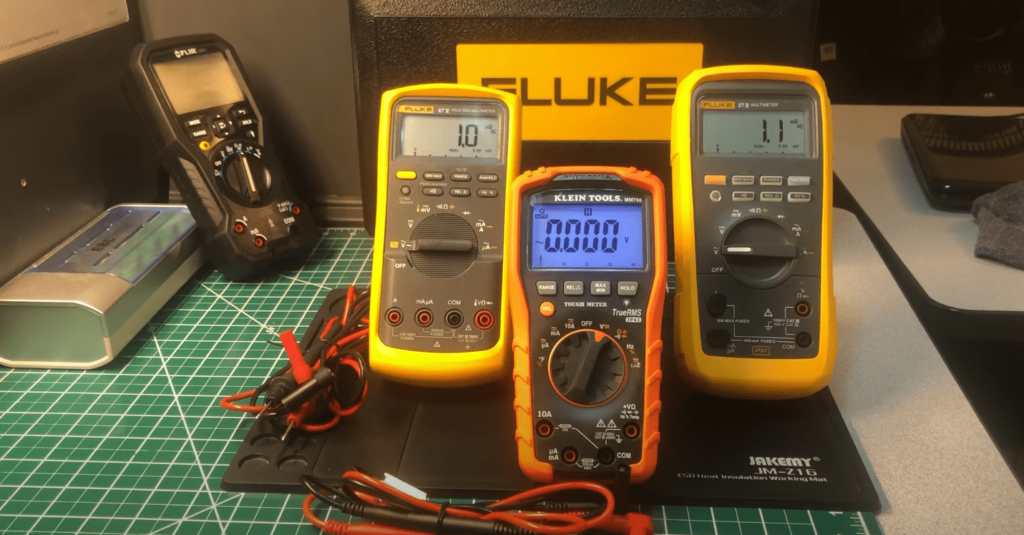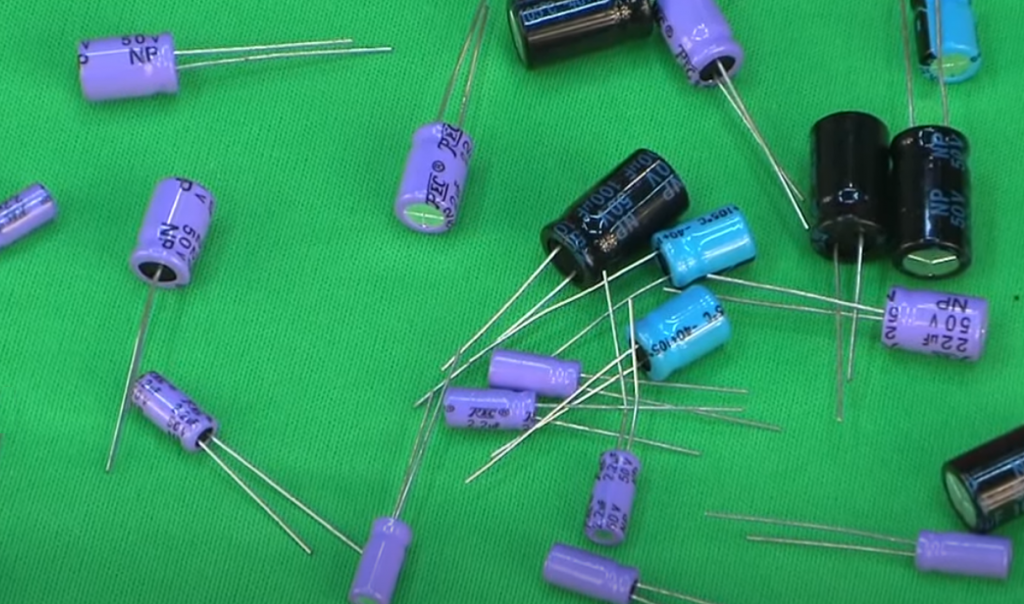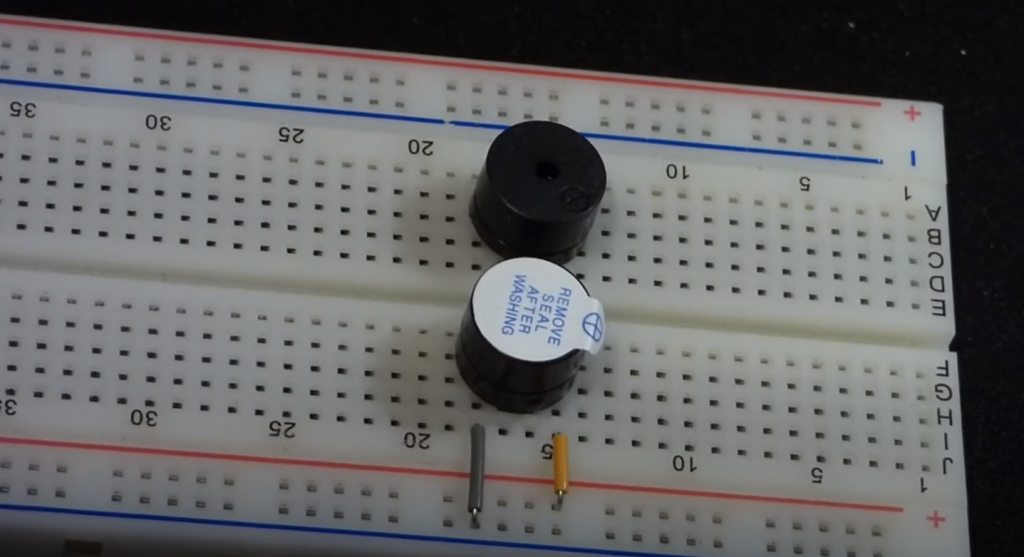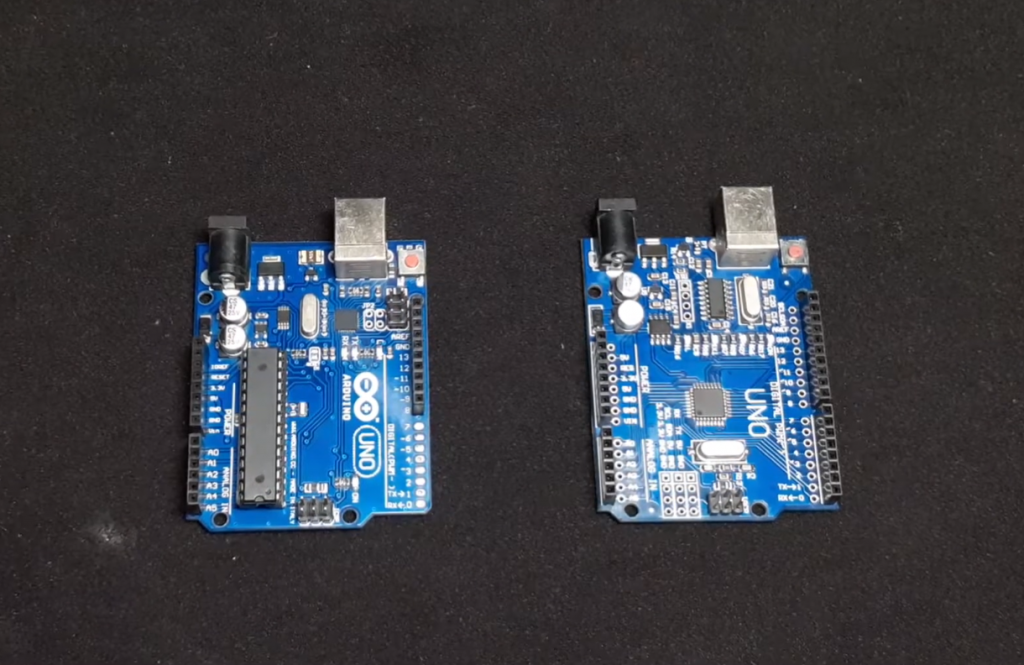A suitable multimeter is essential when measuring electrical current, voltage, and resistance. Fluke and Klein Tools are two of the most popular multimeters on the market today. Both offer accurate readings and boast various features that make them well-suited for professional electricians and DIYers. This article will compare both brands’ offerings regarding accuracy, design, display resolution, and cost.
Fluke Corporation: A Global Leader in Electronic Test and Measurement Instruments
As a global leader in electronic test and measurement instruments, Fluke Corporation has been providing top-quality tools for electric power systems, industrial process control, and other applications since its inception in 1948.
Founded by John Fluke in Everett, Washington, the company has expanded its operations worldwide and established itself as a household name in the industry. Fluke’s success can be attributed to its commitment to providing high-quality tools and exceptional customer service. One of the significant reasons for Fluke Corp.’s success is its lifetime warranty on most of its tools, including digital multimeters and clamp meters.
Digital Multimeters: The Cornerstone of Fluke’s Success
Fluke is widely known for its digital multimeters, which professionals across various industries use for their accuracy, durability, and user-friendly features. These instruments can measure a wide range of electrical parameters, such as voltage, current, and resistance, and are essential for troubleshooting electrical systems.
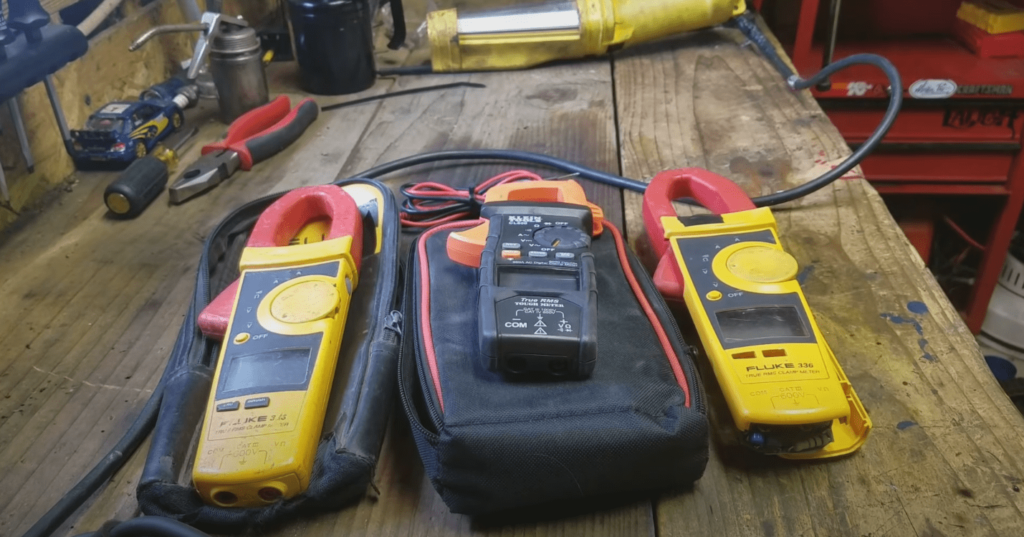
One of the key features of Fluke’s digital multimeters is their ruggedness, which makes them ideal for use in harsh environments. They are designed to withstand drops, shocks, and other hazards that could damage conventional multimeters. Furthermore, they have large, backlit displays that make measurements in low-light conditions easy to read.
Clamp Meters: Another Essential Tool in Fluke’s Arsenal
In addition to digital multimeters, Fluke also offers a range of clamp meters that are widely used in the industry. These instruments can measure AC/DC current, voltage, resistance, and continuity without breaking the circuit. They are particularly useful for measuring current in large conductors or hard-to-reach places.
Fluke’s clamp meters are also known for their accuracy, durability, and user-friendly features. They have large, easy-to-read displays and are designed to withstand harsh environments. Moreover, they come with a variety of features that make them versatile and useful for a wide range of applications.
Klein Tools: A Trusted Name in Electrical and Hand Tools
Founded in 1857 by Mathias Klein, the Klein company has been providing top-quality tools and consumables to professionals across various industries for over a century. The company offers a diverse range of products, including electrical and hand tools, power and hand tools, and consumables.
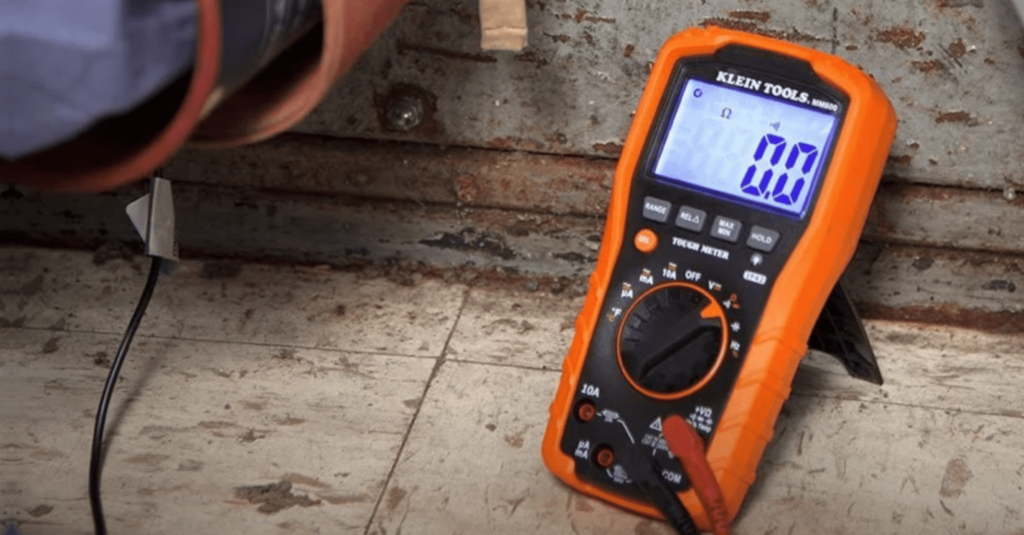
One of Klein’s most reliable products is its digital multimeters, widely used for electrical testing. These instruments can measure various electrical parameters, such as voltage, current, and resistance, and are essential for troubleshooting electrical systems.
Innovation and Ergonomic Design: The Key to Klein’s Success
One of the major reasons for Klein’s success is its commitment to innovation and ergonomic design. Despite their lower prices than premium brands, Klein multimeters are known for their accuracy, durability, and user-friendly features. In addition, they can perform almost every measurement that any high-quality multimeter can do, making them a tough competitor to Fluke multimeters.
Klein’s digital multimeters are designed to be rugged, durable, and withstand harsh working conditions. They have large, easy-to-read displays and are designed with the user’s comfort in mind. Moreover, they come with a variety of features that make them versatile and useful for a wide range of applications.
10 Similarities Between Fluke and Klein Multimeters
Fluke and Klein are two popular brands offering job-specific multimeters with various features. While they are competitors in the market, they also share some similarities. Here are ten similarities between Fluke and Klein multimeters:
- Job-specific multimeters: Fluke and Klein offer job-specific multimeters designed to meet the needs of different professions, such as electricians, HVAC technicians, and automotive mechanics.
- Temperature measurement: Both Fluke and Klein multimeters allow for accurate temperature measurements, making them valuable tools for professionals who need to measure temperatures in various settings.
- True RMS function: The premium models of both Fluke and Klein multimeters come equipped with True RMS functions, allowing for more accurate AC voltage and current readings.
- Voltage and current measurements: Fluke and Klein’s multimeters can measure voltage and current across a wide range, from Milliamps to AC/DC 1000V.
- NCV detection: Non-Contact-Voltage (NCV) detection is available in both Klein and Fluke digital multimeters, which helps professionals identify live wires without making direct contact.
- Battery life: Both Fluke and Klein multimeters have almost the same battery life of 400 hours, and both have a low battery indication mode to alert users when the battery is running low.
- Auto-shutdown feature: Fluke and Klein’s multimeters come with an auto-shutdown feature that activates after a period of inactivity to help preserve battery life.
- Silicone rubber casing: The silicone rubber casing on both Fluke and Klein multimeters provides them with suitable drop protection and insulation, making them more durable in rugged work environments.
- Easy battery replacement: Replacing the battery on both Fluke and Klein multimeters is straightforward and easy, allowing users to get back to work quickly.
- Safety fuses: Both Fluke and Klein multimeters have safety fuses on their circuit boards, protecting the instrument and the user from electrical hazards.
10 Differences Between Fluke and Klein Multimeters
While Fluke and Klein’s multimeters share some similarities, there are also several differences between them. Here are ten differences to consider when choosing between these two brands:
- Accessories: Klein offers complete accessories with all its models, including thermocouples, while Fluke multimeters do not come with peripherals and must be purchased separately.
- Accuracy and calibration: Fluke multimeters are known for their precision and accuracy, and they also offer calibration certificates, while Klein multimeters do not have the same level of accuracy and do not offer calibration certificates.
- Battery type: Klein multimeters require AA battery cells, while Fluke multimeters require a 9V battery to operate.
- Water resistance: Unfortunately, neither Fluke nor Klein multimeters offer water-resistant features that are stronger than IP-55.
- Safety: Fluke multimeters are generally considered safer to use than Klein multimeters.
- Price: Klein multimeters are generally much cheaper, almost half the price of Fluke multimeters.
- Display size: Fluke multimeters have larger displays compared to Klein multimeters, making them easier to read and use.
- Test lead quality: Fluke multimeters have higher quality test leads compared to Klein multimeters, but they must be purchased separately.
- Warranty: Fluke offers a lifetime warranty on all its multimeters, while Klein tools do not offer the same warranty.
- Carrying case: Klein standard models do not come with any carrying case, but Klein tools provide a carrying case with all of their multimeters, making them easier to transport and store.
Fluke vs. Klein Multimeter: Which is Better?
Both the Fluke and the Klein multimeter are reliable tools for measuring electrical currents. However, the Fluke is generally considered to be the superior product. Fluke multimeters are known for their accuracy and durability, making them a popular choice among professional electricians. They also come with a wide range of features, such as temperature and frequency measurements.
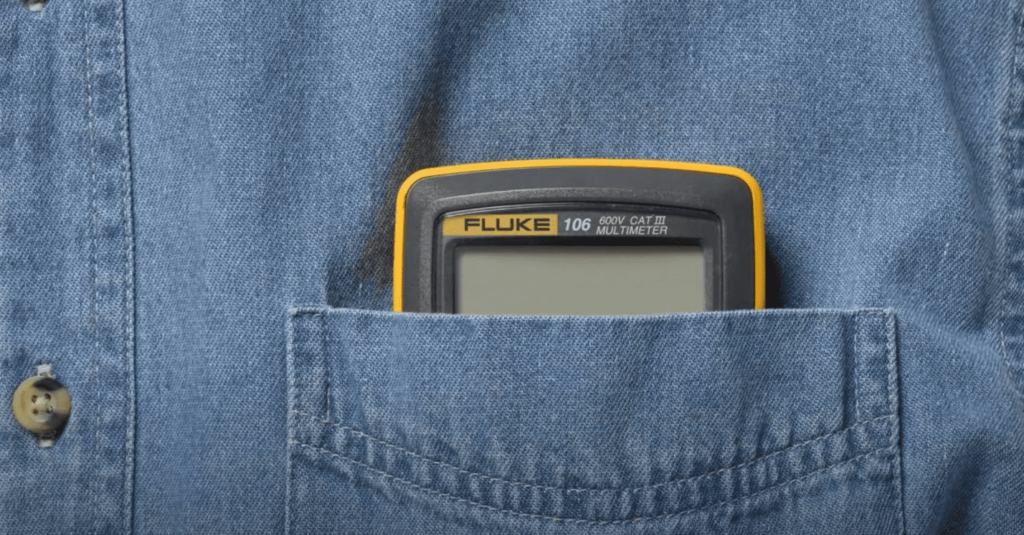
Klein multimeters are also reliable tools, but they tend to be less accurate than Fluke models. They also have fewer features and may not last as long as a Fluke multimeter. However, they are usually more affordable than Fluke models, so they can be a good choice for those on a budget.
Overall, the Fluke is the better option if you’re looking for an accurate and durable multimeter that will last you a long time.
FAQ
Are Klein multimeters any good?
Klein multimeters are generally considered to be good quality. They are known for their accuracy and reliability, which makes them a popular choice among professionals. They are also relatively affordable compared to other brands, making them a good option for those who want to spend less on a multimeter.
Klein multimeters come with various features that make them useful in many applications. For example, they have auto-ranging capabilities, allowing you to quickly and accurately measure voltage, current, and resistance without manually adjusting the settings. Additionally, they come with built-in safety features such as overload protection and low battery indicators so you can easily monitor the status of your device.
Overall, Klein multimeters offer great value for money and provide reliable performance in various situations. So whether you need an accurate reading for home repairs or professional use, a Klein multimeter will likely be up to the task.
Is it worth buying a Fluke multimeter?
Absolutely! Fluke multimeters are widely considered to be some of the best on the market. They are reliable, accurate, and easy to use. In addition, they have many features that allow you to measure voltage, current, resistance, temperature, etc.
The durability of Fluke multimeters is also top-notch. Many models feature an IP67 rating, meaning they are dustproof and waterproof up to 1 meter for 30 minutes. This makes them perfect for use in harsh environments like construction sites or industrial plants.
Overall, Fluke multimeters offer great value for money as they will last for years without needing any repairs or maintenance. So if you’re looking for a quality multimeter that you can rely on, then it’s worth investing in a Fluke model.
Why are Fluke multimeters so expensive?
Fluke multimeters are expensive because they are known for their accuracy and reliability. They use the latest technology to give users precise measurements and readings, making them ideal for professionals in many industries. In addition, they come with a wide range of features that make them even more valuable to users. For example, some models have built-in temperature probes, frequency counters, and data-logging capabilities. All these features add to the cost of the multimeter but also provide excellent value for money. Ultimately, Fluke multimeters are expensive because they offer superior accuracy and reliability that you can trust.
Are budget multimeters good?
Budget multimeters can be good, depending on what you need them for. For example, a budget multimeter may be a good option if you are looking for a basic multimeter to measure voltage, current, and resistance. They typically provide the basics of what you need and are relatively inexpensive.
However, a higher-end multimeter might be worth considering if you need more advanced features like temperature or frequency measurement. These higher-end models usually come with additional features that make them more accurate and reliable than their budget counterparts. Additionally, they tend to have longer warranties and better customer service support when something goes wrong.
Ultimately, it depends on your needs and budget as to whether or not a budget multimeter is a right choice for you. A budget model may fit the bill if you only need the basics. However, it might be worth investing in a higher-end model if you require more advanced features or reliability.
How to clean multimeter probes?
Cleaning multimeter probes is essential to maintaining your multimeter readings’ accuracy and reliability. The first step is to use a soft cloth or brush to remove any dirt, dust, or debris from the probes. Then, use a cotton swab and rubbing alcohol to gently wipe down the probes and remove any residue that may be on them. Finally, you can use a gentle abrasive such as steel wool to polish the probes and ensure they are free from contaminants. Once you have completed these steps, your multimeter probes will be clean and ready for accurate readings.
How to clean a Klein or Fluke multimeter?
Cleaning a Klein or Fluke multimeter is important to ensure accurate readings.
First, unplug the multimeter from any power source and make sure it is turned off. Next, use a soft, lint-free cloth to wipe down the exterior of the multimeter. Make sure to clean around all the buttons and knobs without pressing them to avoid accidental changes in settings.
Next, use a can of compressed air to blow away any dust or debris that may have accumulated in between buttons and crevices. Be careful not to get too close when using the compressed air so that you don’t accidentally damage any sensitive parts inside the multimeter.
Finally, inspect the leads and probes for any signs of wear or damage. If necessary, replace them with new ones to guarantee accurate readings. Once you finish cleaning your multimeter, you can plug it back in and turn it on for use.
Related Video: Fluke vs. Klein Multimeter – For Electronics & Automotive Use
Final Words
The Fluke and Klein multimeter brands provide quality products for use in various settings. Choosing the right one for your needs largely depends on your preferences, budget, and the applications you use it for. The Fluke brand offers higher accuracy, more reliable readings, and better protection against shocks and drops than many other brands. Klein’s products are also accurate and reliable but may not offer as much protection against shock or drops as the Fluke brand does. It’s important to note that both brands offer quality products and have exceptional customer service ratings.

